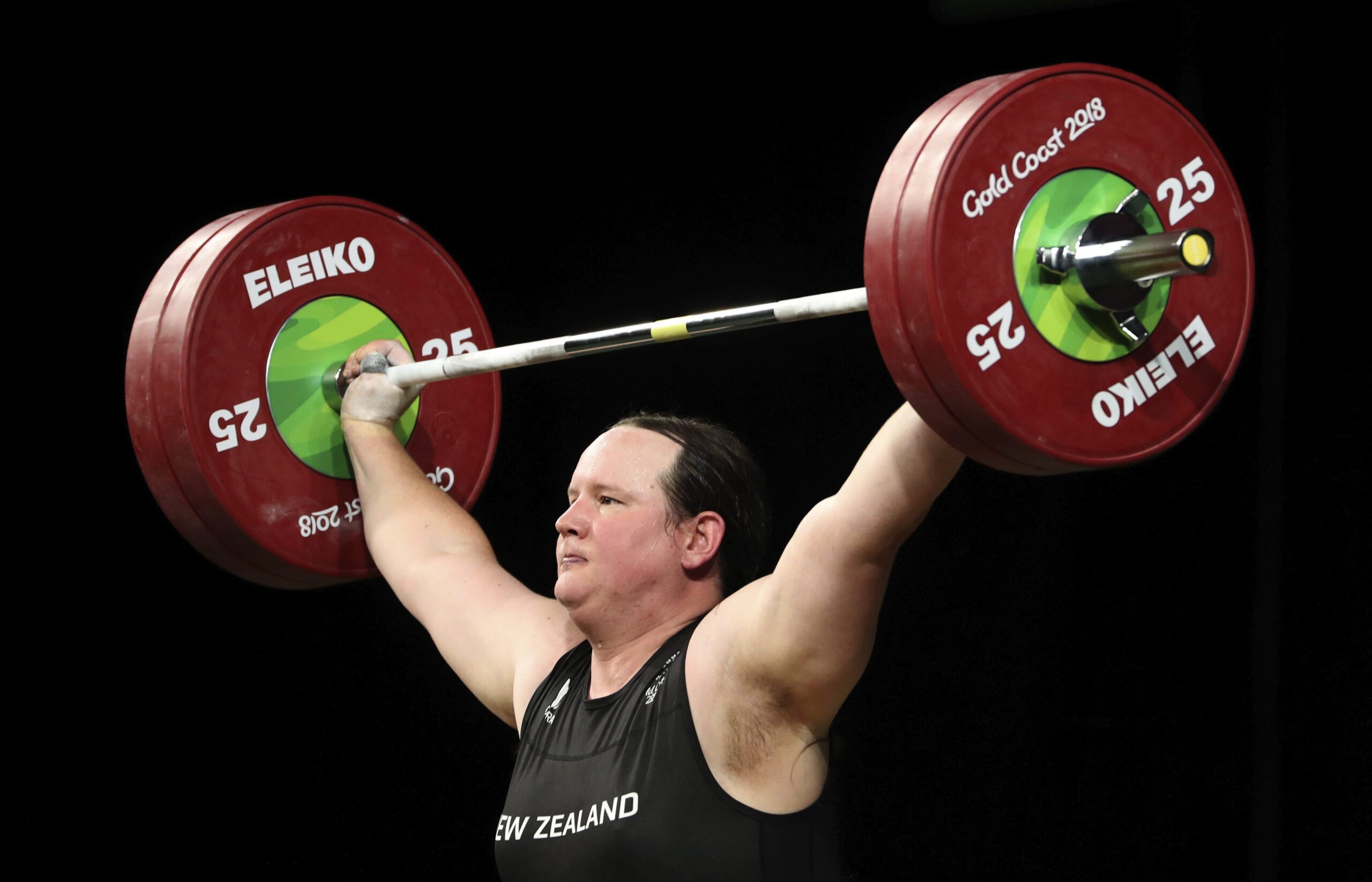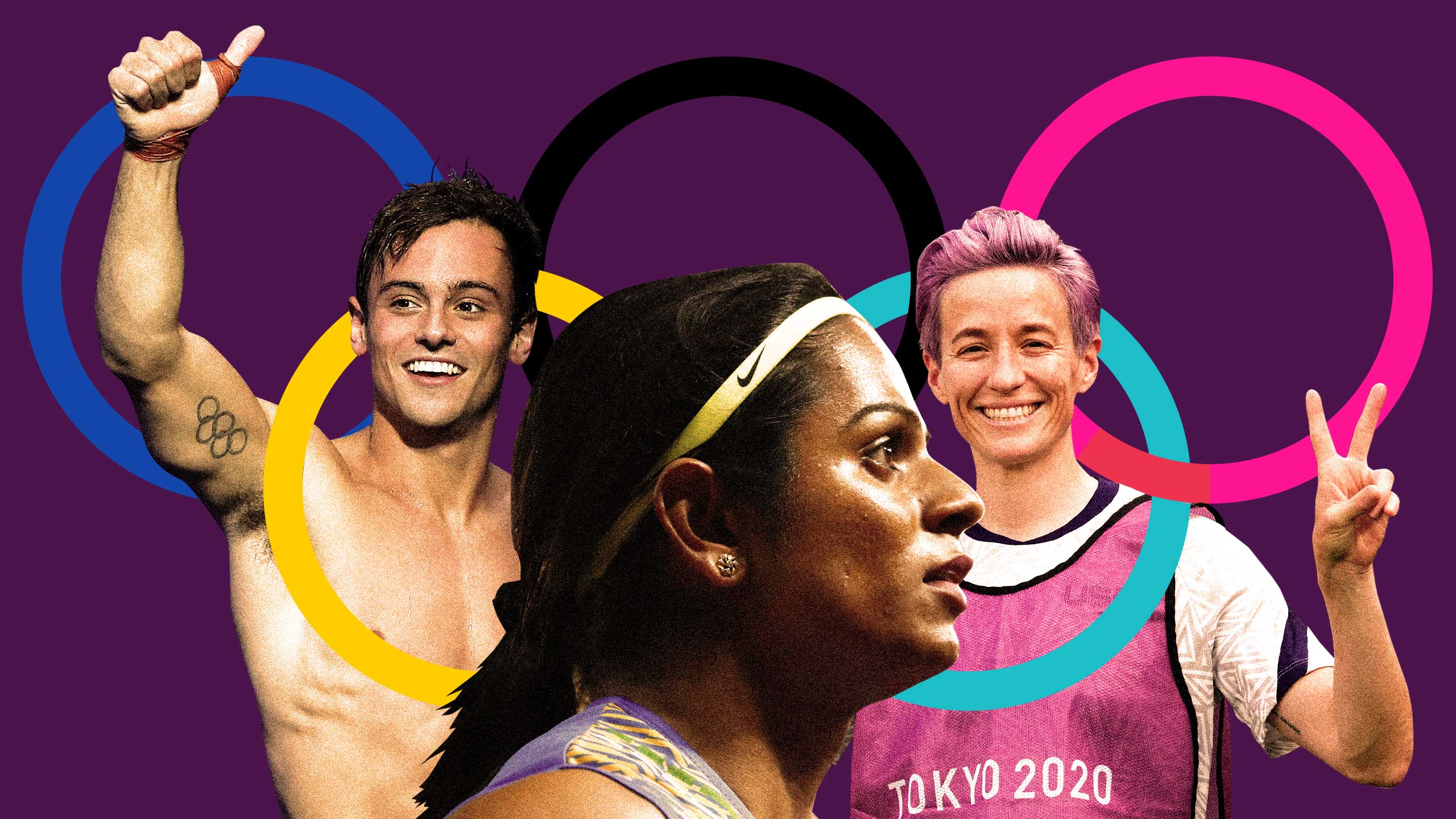Despite a slew of controversies and a global pandemic, the Tokyo Olympics are set to officially kick off this weekend.
Still bearing the name “Tokyo 2020” despite a year-long delay—because branding is branding—the quadrennial celebration of nationalism and sports will take place over the next few weeks in Tokyo, Japan.
Not even counting the COVID-19-caused delay, the Games have been mired in numerous other controversies, from fears of the event sparking a fourth wave of COVID-19 in Japan to misinformation about cardboard anti-sex beds. Athletes are testing positive for the novel coronavirus left and right, and the Games’ musical composer has resigned over being a school bully. That’s on top of the usual concerns of the local impacts of the Games, like economic instability and displacing people from their homes.
But the Olympics are the Olympics, and as much as we try, some of us can’t help but get caught up in the swell.
Maybe you’re like me and dust off your women’s soccer jersey every few years to cheer on what is truly a wonderful amount of queer women (and thanks to recently out Canadian player Quinn, an openly trans and non-binary person!!). Perhaps you’re tuning in to watch American gymnast Simone Biles achieve greatness or to see the first out trans women, including New Zealand weightlifter Laurel Hubbard, compete in the Games for the first time.

Credit: Mark Schiefelbein/AP
The Olympics are a huge elephant in the room, but that elephant is shoved down your throat, broadcast on every TV for a two-week period and uniquely designed to hit those nationalistic pleasure centres we all have lurking in our brains. Do I think Canada is really just a bunch of oil companies wrapped up in a colonial trench coat? Of course. Do I have a soccer jersey with a big ol’ maple leaf? Yes.
Sports are, for many, a problematic fave. This year more than ever, we must grapple with why and how the Olympics are happening, and who is suffering as a result. We need to talk about how f*cked up these Games are, but we can also talk about the once-in-a-lifetime achievements of queer and trans athletes that will happen at them.
Whatever your reason for watching, the Games are here. As a queer or trans person, here’s what you need to know about Tokyo 2020—in 2021.
How many LGBTQ2S+ folks are competing?
More than ever before.
While we can’t know the exact total of queer and trans participants in this year’s Games, OutSports reports that more than 160 openly queer or trans athletes are competing.
That’s more athletes than in all other Olympic Summer Games combined, showing the progress made in only a few short years towards LGBTQ2S+ equality and acceptance on sports’ biggest stage. According to OutSports, there were 23 publicly out Olympians in 2012 and 56 in 2016.
And while Hubbard’s qualification has elevated her profile, there will be other trans people participating in the Games, albeit under a lower profile.
What’s the queerest Olympic sport?
Unsurprisingly, women’s soccer (football) tops out as one of the queerest sports in terms of the number of openly queer athletes participating. The U.S. national team is fronted by Megan Rapinoe, one of the most high profile lesbians in the world. The Canadian team features trans player Quinn and many teams from other countries also have openly queer players.
In other women’s team sports, expect to see a lot of queer women on the basketball court, including Rapinoe’s wife, Sue Bird, who plays for the U.S. team. And women’s softball is back, baby, after not being featured at the 2012 or 2016 games. And we know softball is super gay.
Skateboarding may be coming for the crown, though. Several participants in the Games’ first-ever skateboarding events self-identify as queer, including 22-year-old Margielyn Arda Didal from the Phillipines. And those French womens’ skateboarding outfits are absolutely dripping with lesbianism.
Tell me some feel-good queer storylines to follow at the sportsgame! I need feel-good stories!
This year’s Games will feature a lot of redemption, last stands and comebacks for some of the world’s greatest queer and trans athletes. Whether you’re a longtime sports fan or not, there are some great figures to rally around.
Tom Daley is back on the diving platform for Great Britain. The outspoken queer athlete is participating in his fourth Olympics, his second since coming out in 2013. In 2017, he married Milk screenwriter Dustin Lance Black. Tokyo is likely his last shot at another Olympic medal.
The U.S. women’s national soccer team is looking to return to the podium as gold medal champions after losing out in the semi-finals in 2016. Since the last Olympics in 2016, they’ve undertaken a very public campaign for pay equity in the U.S., and the celebrity status of players like Rapinoe has skyrocketed. At the very least, we can expect some more epic poses from her and the crew.
Indian sprinter Dutee Chand is also back, five years after she was almost banned from the Games because of her naturally high testosterone levels. Chand came out as a lesbian in 2019, and has been on a tear since then, twice breaking India’s national record for the 100 metre sprint. She’s currently ranked 47th in the world.
Reigning World Athletics Female Athlete of the Year and reigning Olympic triple jump silver medallist Yulimar Rojas is headed to Tokyo with her eyes on the gold. The Venezualian triple jumper is outspoken about her queerness on social media, despite her country’s continued ban on same-sex marriage.
And of course, New Zealander Hubbard is the first openly trans woman to qualify in an individual Olympic event. While she’s not exactly favoured for the gold in her event, we can expect a lot of media attention over the next couple of weeks as she makes history and tries to win a medal.
My personal favourite athlete to watch will be the aforementioned Quinn, whose coming out as trans and non-binary last summer was a huge moment for the National Women’s Soccer League, where they compete with the OL Reign. They’ve become a public icon for that team and the league, as well as for the Canadian national team.
The Canadian team—including Quinn before they were out—won bronze at the past two Summer Olympics. A medal repeat this year could see Quinn become the first openly trans person to win an Olympic medal, and that’s pretty darn cool!


 Why you can trust Xtra
Why you can trust Xtra


